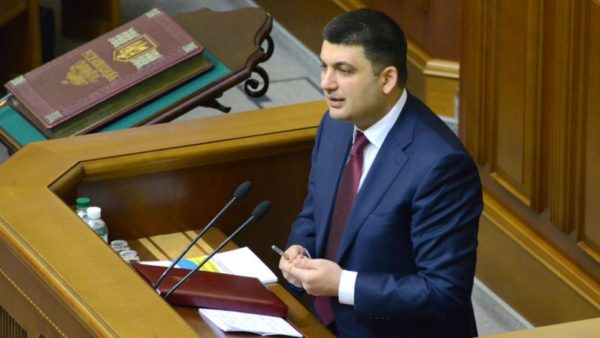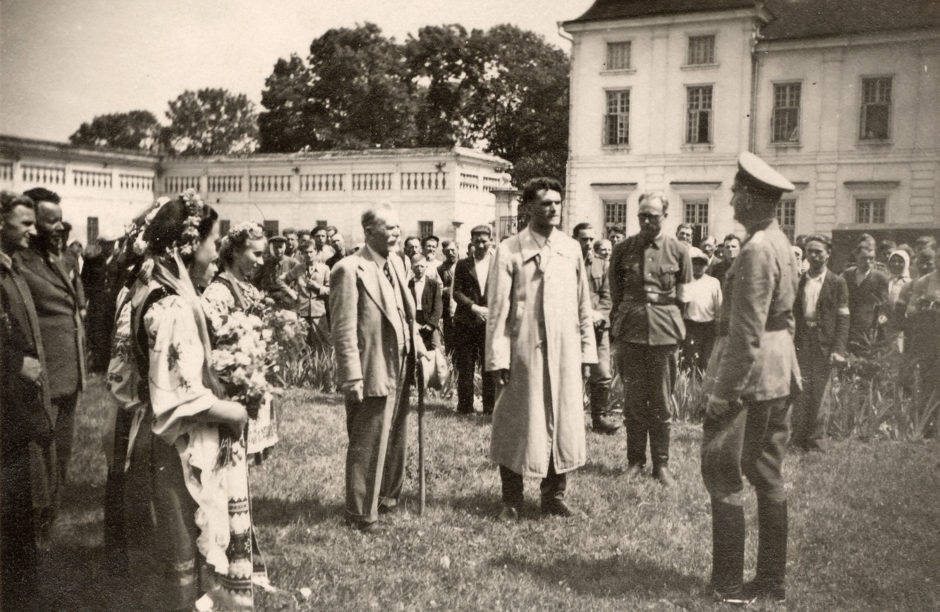Ukraine, subjugated and brutalized by communism and fascism, seceded from the Soviet Union in 1991 and finally achieved its independence and freedom. But since then, in its attempts to break with its past as a servile Soviet republic and embrace a modern European identity, Ukraine has embarked on a crooked path and taken to whitewashing its convoluted history.
It’s an extremely distressing and depressing development.
When I visited Ukraine in 1992 in my capacity as a journalist, I learned first-hand that one man’s murderer can be another man’s liberator.
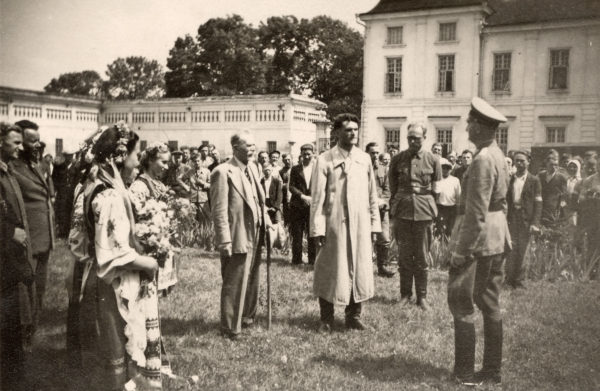
As I discovered, the average Ukrainian and the average Jew usually held diametrically opposing views about the terrible events that transpired in the wake of Germany’s 1941 invasion of the Soviet Union.
As far as most Ukrainians were concerned, Ukrainian leaders such as Stepan Bandera and Roman Shukhevych were national heroes who had valiantly struggled, against all odds, to create a sovereign Ukrainian homeland separate from the Soviet Union.
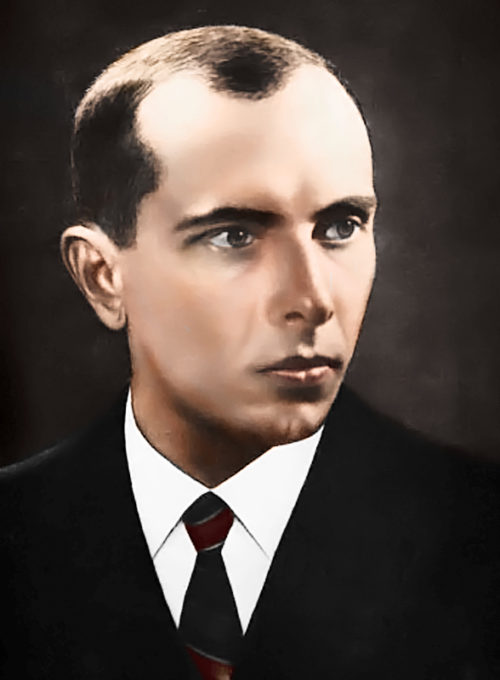
But to the vast majority of Jews in Ukraine, particularly those who lived through the genocidal Nazi occupation, Bandera and Shukhevych were German collaborators who tolerated or encouraged pogroms, which claimed the lives of thousands of Ukrainian Jews, not to mention innumerable Polish Christians.
To this day, Jews and Ukrainians remain miles apart on this vexing and perhaps irreconcilable issue. Sadly, the chasm is likely to widen now that Ukrainian President Petro Poroshenko has signed into law two bills in the past two years.
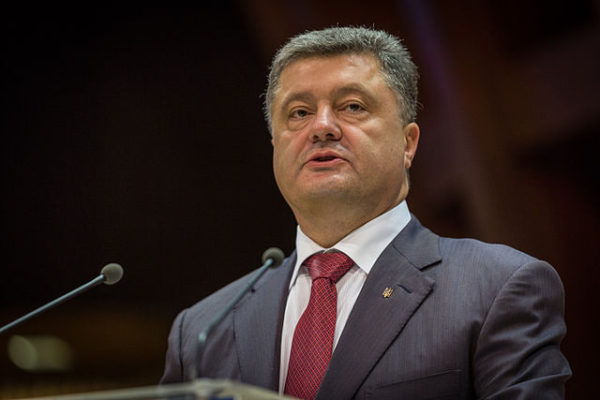
The first one, passed in May, requires the removal of Soviet emblems, symbols and names from towns, streets, buildings, monuments, plaques, bridges and subway murals throughout the country.
The second one, which took effect a year ago, mandates that “20th century fighters for Ukraine’s independence” should be honored and that denial of their heroism constitutes a criminal offence. Ukrainian figures like Bandera and Shukhevych, and organizations like the Ukrainian Insurgent Army and the Organization of Ukrainian Nationalists, both of which collaborated with and fought alongside the Nazis, fall into that broad sacrosanct category.
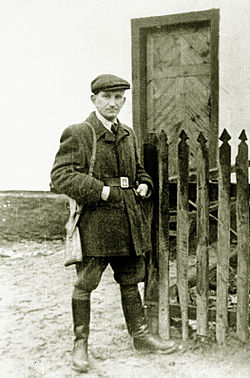
The cumulative effect of this legislation is clear.
Ukrainians who compiled dubious wartime records will be officially rehabilitated by the state. And some public places will be renamed in their honor.
The process has already begun.
Last month, the city of Kiev named a major boulevard after Bandera and proceeded with plans to name another one after Shukhevych, whose likeness appears on a Ukrainian postage stamp issued on orders of President Viktor Yushchenko in 2007 to mark the 65th anniversary of the founding of the Ukrainian Insurgent Army and the centennial of Shukhevych’s birth.
Regrettably, Bandera and Shukhevych are not the only Ukrainians with dishonorable pedigrees to have been honored. Three months ago, the Ukrainian parliament, the Rada, paid homage to Symon Petliura, its members holding a moment of silence for him.
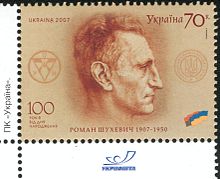
Petliura, an ethnocentric nationalist, has been accused of having launched a series of pogroms during the Russian civil war which resulted in the deaths of upwards of 50,000 Jews. Yet he, Bandera, Shukhevych and others are now being acclaimed by Ukraine’s government as icons of Ukrainian nationalism.
It’s deplorable that Ukraine is glorifying historical figures with blood on their hands. It sets a bad precedent and stains Ukraine’s image, not only among Jews but in the wider world as well.
What else does Ukraine have up its sleeve?
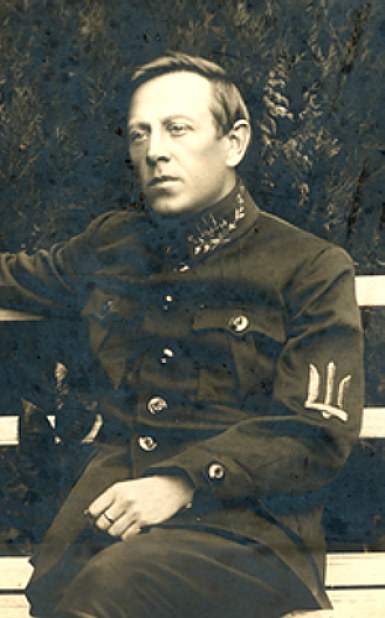
It’s ironic that Ukraine’s current prime minister, Vlodymir Groysman, the former mayor of Vinnytsia, presided over these events. Groysman is Ukraine’s first known Jewish prime minister, but his appointment, historic as it is, does not absolve Ukraine of its egregious mistakes and its compelling obligation to come clean about its former leaders’ dalliance with Nazi Germany.
